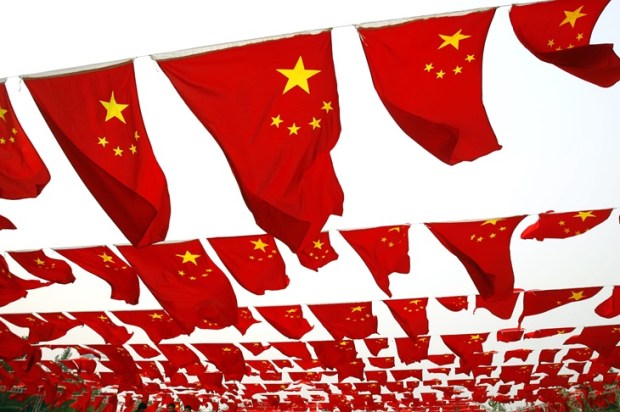A lot of young Australians have become disenfranchised by the economic status quo and understandably so. It has become all too easy to get your proverbial pitchforks out when home ownership has become more out of reach than ever, inflation doesn’t seem like it’s departing us any time soon, and an increasingly precarious job market has become the norm.
A survey of 18,000 Australians aged 15-19 by Mission Australia revealed that half view their futures in a negative light. Testament to these attitudes is the especially worrying response of 27.7 per cent of respondents reporting elevated levels of anxiety and depression.
As a 20-year-old university student, I’ve witnessed too many of my contemporaries externalise their frustrations by subscribing to radical movements aiming to tear the system down in its entirety instead of making greater efforts to better understand current circumstances.
Yes, there are structural flaws embedded within our current market composition, but more often than not people will attribute these issues to the ostensible failures of free markets. Misguided advocates of free enterprise don’t respond accordingly and will instantly equate an anti-corporate stance with one interested in deposing capitalism altogether.
The truth is that we no longer live in a free and open-functioning marketplace. Our generation is characterised by a private sector filled with operatives who are not at all in favour of competition and who would traditionally have been described as anti-capitalists.
In fact, the so-called father of capitalism, Adam Smith, extensively warned of the dangers of allowing anti-competitive sentiments to fester and negate the ability of the invisible hand to deliver the best outcomes for society.
‘A monopoly granted either to an individual or to a trading company has the same effect as a secret in trade or manufacturers.’
Australia’s economy, along with many other Western economies, is now ridden with what can be overtly perceived as conduct that is anti-capitalist in nature.
Take Qantas for example. The national carrier’s stakeholders were no doubt overjoyed at the revelation that Qatar Airways was unsuccessful in its application to fly an extra 21 services into Australia’s major airports. Former CEO Alan Joyce himself proclaimed the application’s success would ‘distort the market’.
The Qantas-Virgin duopoly controls 95 per cent of the Australian airline market. The Australian Competition and Consumer Commission (ACCC) in June said the duopoly has made the sector ‘one of the most highly concentrated industries in Australia’.
‘The lack of effective competition over the last decade has resulted in underwhelming outcomes for consumers in terms of airfares, reliability of services and customer service.’
Indeed.
In no esteemed capitalist manifestos or doctrines exists the idea of government-induced monopolies as a characterisation of free enterprise.
The banking sector is another example of one rife with anti-competitive sentiments disseminated by incumbents. For decades, the Western World’s largest banks and financial institutions have enjoyed an oligopoly on the supply of credit up until very recently when the credit market started to proliferate with companies like Afterpay and Wisr stealing their fair slice of consumers.
A ‘Global FinTech Survey’ conducted by PWC in 2016 found that the financial technology industry alone may have the potential to steal up to 70 per cent of the banking sector’s share of the credit market.
This is of course great news for everyday consumers. Neo-lenders base their business models on undercutting their nations’ biggest commercial banks, placing tremendous downward pressure on interest rates for you and me. According to a recent Mozo survey, six in ten Australian borrowers would now consider neo-lenders over banks.
Yet, some aren’t so chuffed with the trend. Have a guess who.
In an interview with CNBC in August, JP Morgan CEO Jamie Dimon chastised efforts from US regulators to level the playing field and proliferate his sector, warning that the industry would cede more products to nonbank players. This is of course not really a warning. It’s terrific for the average punter, just not so great for JP Morgan.
Another unique characteristic of today’s private sector and another reason the prevalence of ‘capitalism’ can be called into question is the trend of common ownership. Research undertaken by the Institute of Labour Economics in 2021 found that around 31 per cent of firms now share a substantial owner with a rival company. This is borne out by the sharp trajectory in M&A deals experienced since the start of the 21st Century, allowing countless entities to usurp one another.
This wasn’t the case in earlier generations when firms didn’t fall under the same network of conglomerates and truly did compete with one another.
My overarching point is that it is a puerile stance to lump all private enterprise into the same category of ‘oppressive capitalist overlords’. A very clear distinction must be made between the big and small ends of town. It is too shallow an analysis to classify one economic system as good and another bad. We must carefully identify the flaws and trends evident within today’s private sector to maximise societal welfare.

























